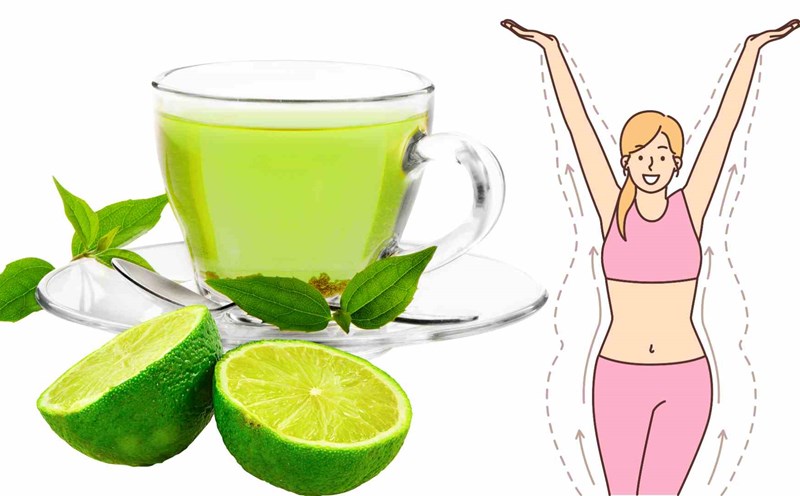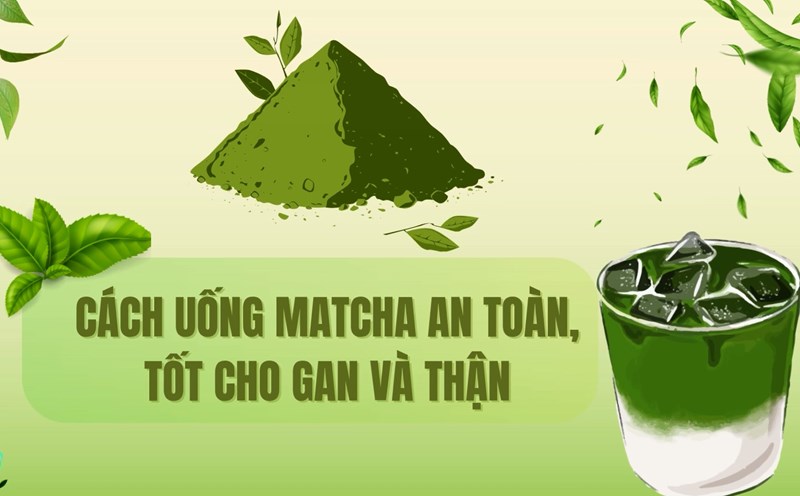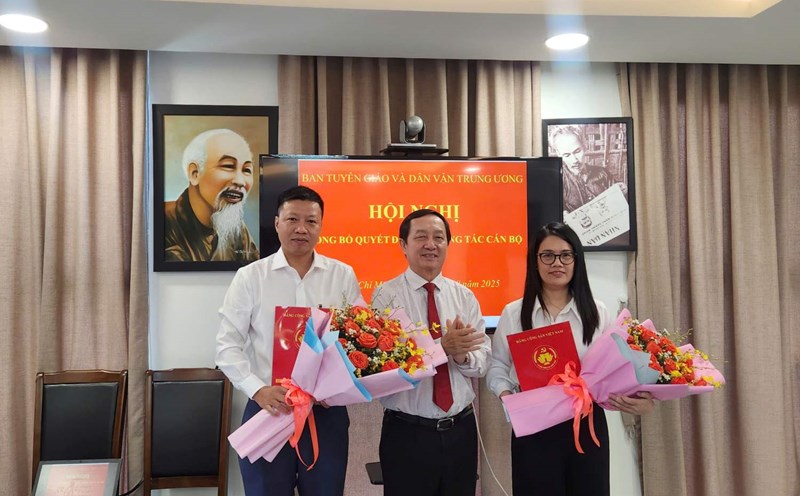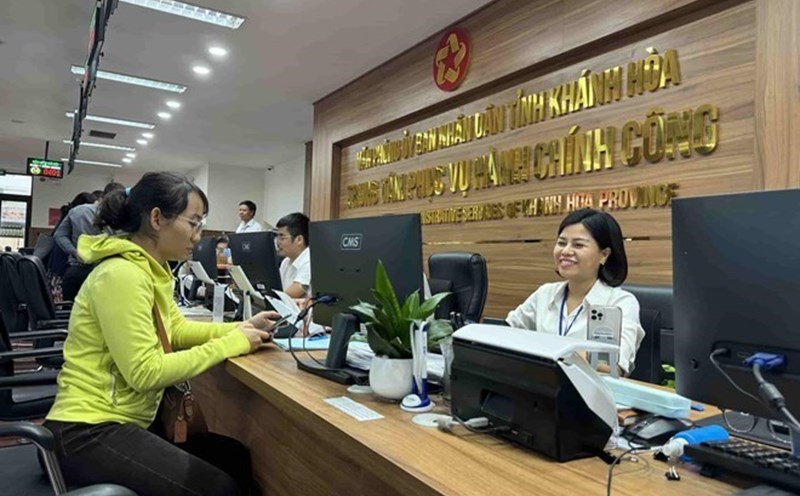Energy: Matcha is superior, Hojicha is gentle
Matcha is a smooth green tea leaf powder with high caffeine content, while Hojicha is roasted green tea, containing less caffeine. This difference directly affects energy levels and alertness when drinking.
Dr. Lauri Wright, Director of Nutrition and Associate Professor at USF College of Public Health (USA) said: " Matcha contains caffeine along with L-theanine, the combination helps increase alertness, concentration and less restlessness".
Average caffeine content:
Hojicha: 8 mg/ cup 12 oz
Matcha: 38 - 178 mg/ cup 12 oz
Although Hojicha does not stimulate strong energy like Matcha, some studies have shown it has the ability to fight fatigue. "Hojicha is an ideal choice for people who are sensitive to caffeine or want to relax in the afternoon," says Dr. Manoj Sharma, Professor of Public Health at the University of Nevada, Las Vegas.
Antioxidants and cardiovascular benefits
Matcha is rich in catechin and rutin, antioxidants that help reduce LDL (bad cholesterol), lower blood pressure and limit atherosclerosis. Meanwhile, the roasting process reduces the content of these compounds in Hojicha.
Sharma explains: "Both teas are healthy, from anti-inflammatory, weight control support to cognitive improvement. However, Matcha still brings stronger benefits thanks to its high antioxidant content".
Experts recommend choosing tea depending on your needs and the time of day. Wright suggests: "enjoying Matcha in the morning for increased energy and antioxidants, then switch to Hojicha in the evening to relax and soothe the body".
If you want to combine increased energy and maximum health benefits, Matcha is the priority choice. Hojicha is suitable for those who are sensitive to caffeine or want to enjoy light, relaxing tea. Combining both types of tea during the day can optimize health benefits, both alert and relaxed.











